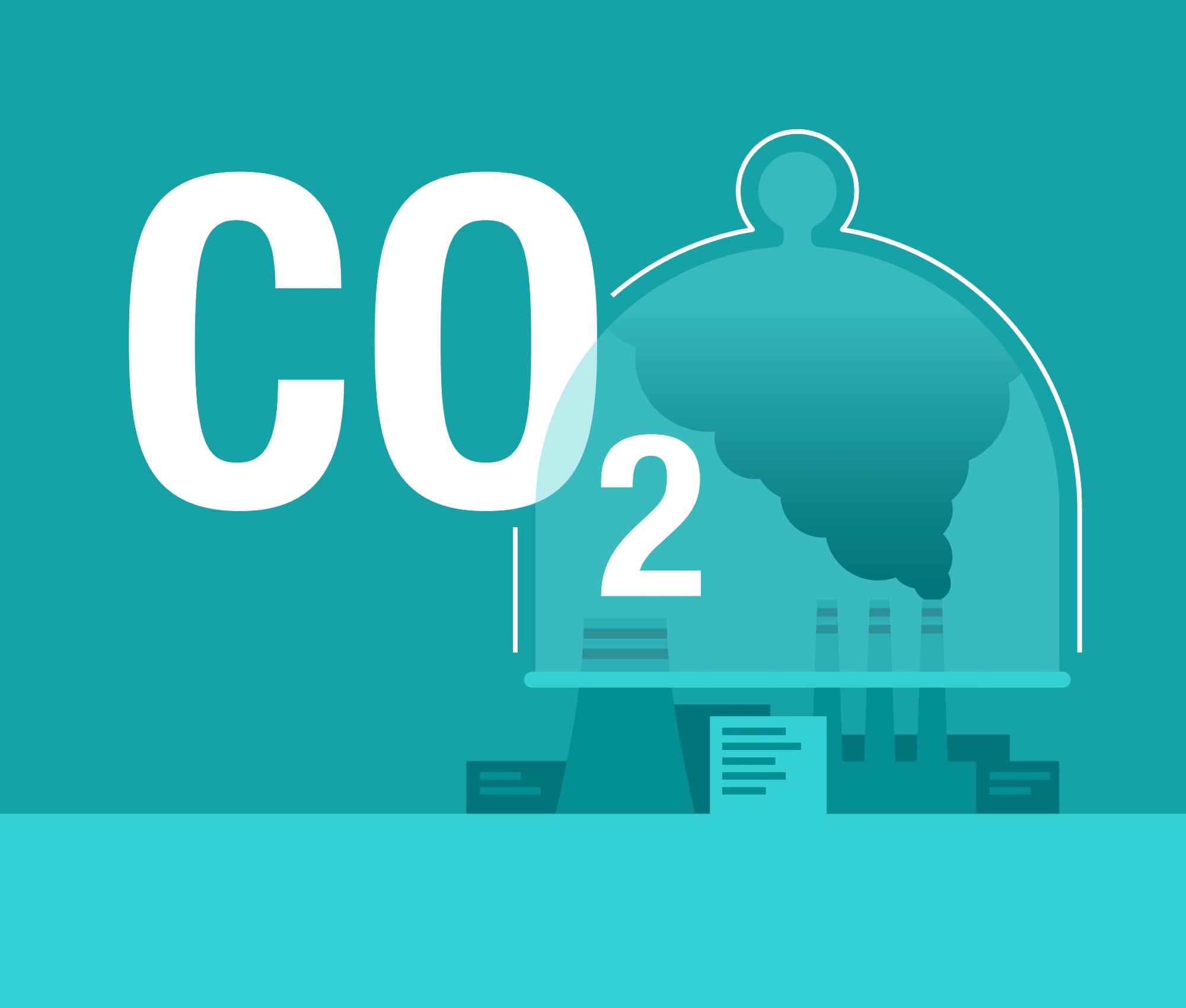In a new study published in Nature, an international group of scientists emphasized the risk of depending on carbon removal technologies to curb climate change.

Image Credit: Dmitry Kovalchuk/Shutterstock.com
To curb global warming to below 2 °C above pre-industrial levels, researchers and others are placing their hopes on the world’s copious supply of biomass – materials such as wood remains, agricultural remnants, and energy crops – to set up mass bioenergy with carbon capture and storage (BECCS), the use of which is also presumed to grow significantly in the future.
However, the issue with this approach is that the harmful effects of climate change on crop yields may decrease the capacity of BECCS and endanger food security, thus forming an undetected positive feedback loop on global warming.
In their research, the group of scientists from IIASA, Fudan University in Shanghai, China, and several other organizations worldwide attempted to measure the strength of this feedback by closely considering the relationship between climate change, bioenergy, agriculture, and carbon removal technologies. IIASA supplied the primary model that facilitated the study, together with the related expertise and feedback in engineering the study.
Applying the shared socioeconomic pathways of climate alleviation, the scientists prepared several scenarios wherein the placement of mass mitigation technologies and BECCS begins in different decades, from 2030 to 2100, and additionally considered technical solutions to food scarcities, including nitrogen fertilizer intensification, afforestation, cropland expansion, nitrogen use efficiency enhancement, and international food trade.
The feedback on future climate change and food scarcities triggered by decreased BECCS potential was measured using an Earth System model and as a function of delayed alleviation.
The simulation results revealed that the feedback of biomass-based carbon removal technologies could significantly affect the long-term direction of future climate change.
Because of the negative effect of climate change on crop yields, the potential of BECCS reduces over time, which could fail to realize the 2 °C goal of the Paris Agreement and endanger world food security.
For instance, when mass mitigation and BECCS are tardy from 2040 to 2060, the decreasing yields of agricultural residue for carbon removal technologies could consecutively surge global warming from 1.7 °C to 3.7 °C by 2200. Of this 2 °C increase, 0.8 °C is connected to the loss of BECCS capacity caused by the feedback that had been overlooked thus far, while the remaining 1.2 °C is connected to the tardy mitigation itself.
Additionally, this would be followed by a drop in global average daily food calories per capita – simply put, the total calorie supply accessible for human consumption divided by the total number of the population using it – from 2100 to 1500 kilo calories per day. Notably, the reactions of food supply to climate change differ from place to place.
The results additionally specify that when climate mitigation is tardy from 2040 to 2060, the number of developing nations that will witness a domestic food supply gap would grow from 81 to 90 in 2100.
As the food gap in 2100 would stay negative in developed nations, the export of food crops such as rice, wheat, and maize from Europe, China, and North America to other regions would decrease the number of people put at risk by hunger. However, the estimated export of crops would be several times greater than the existing levels for these regions, meaning that the growth in the scale of food trade could be very large to be feasible.
Therefore, early climate alleviation or regional population migration might be the sole solution to fulfilling the food demand if the estimated food trade failed to be accomplished. If carbon removal technologies depending on biomass could be extensively arranged in the short term, there is still hope to mitigate global warming and a food crisis.
Although in our study we focused on only one carbon removal technology – BECCS – and showed how it will likely be limited because of harmful climate feedbacks, it is entirely possible that other technologies have similar limitations.
Thomas Gasser, Study Author and Researcher, IIASA
“Therefore, over-reliance on such unproven technologies when designing climate policies means taking the risk of simply failing to reach one's goal. The solution may be to diversify the technologies (to spread the risks out), but primarily it is to rely on conventional mitigation approaches, that is, to lower energy demand and consumption, and develop a sustainable clean energy supply,” Thomas Gasser added.
Journal Reference:
Xu, S., et al. (2022) Delayed use of bioenergy crops might threaten climate and food security. Nature. doi.org/10.1038/s41586-022-05055-8.